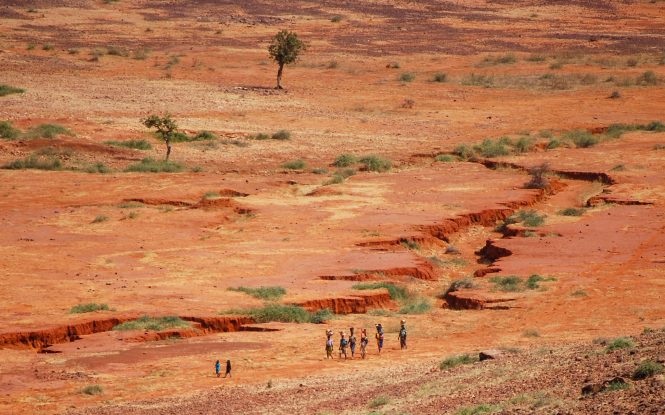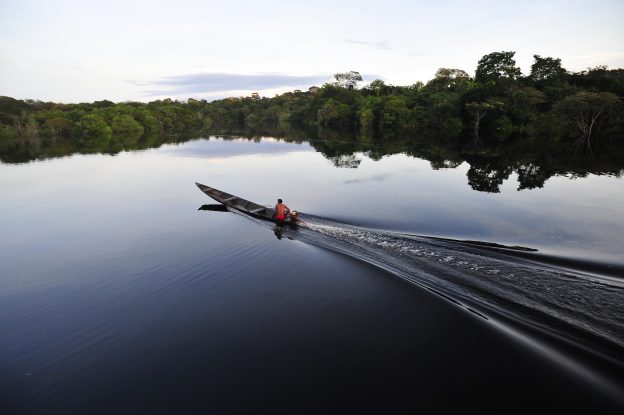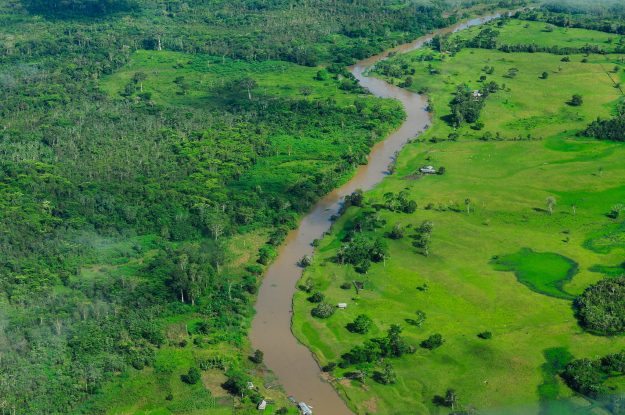Forestry education in Africa is going through hard times. National governments never invested much in it and now donors have practically abandoned it. Political instability and budget problems force many institutions to close for long periods. Students that manage to graduate are poorly equipped to meet the needs of governments, communities, or the private sector. Many end up unemployed.
These disturbing conclusions come from a recent survey of twenty African universities, colleges, and institutes that train people in forestry. The survey, by August Temu of ICRAF and several of his colleagues, covered institutions in Burkina Faso, Kenya, Mali, Nigeria, South Africa, Sudan, Tanzania, Uganda, and Zimbabwe, and included many of the region’s best universities. Of these, only two have significant funding from donors.
Over the decade from 1993 to 2002, the number of forestry bachelor’s handed out by the twenty institutions surveyed rose. However, the number of graduate degrees declined significantly. Meanwhile, it has become much harder for students to get visas and scholarships to go to graduate school abroad. Certificate-level forestry training has practically disappeared.
A second report by FAO and IUCN shows the situation is even worse in Central Africa, which has the richest forests. The Democratic Republic of Congo has only one hundred professional foresters to manage forests covering an area three times the size of France. Congo-Brazzaville’s faculty of forestry was ransacked in 1997/98 and only re-opened three years ago. The Central African Republic’s faculty was also pillaged.
Within Central Africa, the University of Dchang in Cameroon has probably fared the best. However, of 144 recent graduates, less than half found jobs in forestry or went to graduate school. Dchang doesn’t really prepare students to work in logging companies, and only four ended up there. Companies now face pressure to manage their forests sustainably, but they couldn’t find the skilled people they’d need to improve their management that even if they wanted to. Nor are the students well prepared to serve small farmers.
The continent is not training the foresters it needs. Unless it begins to do so, the downward spiral of declining funding and results will accelerate. The international community should not leave African governments to wrestle with this problem alone. Donors need to provide greater support to African institutions and bring more students to study in their own countries.








